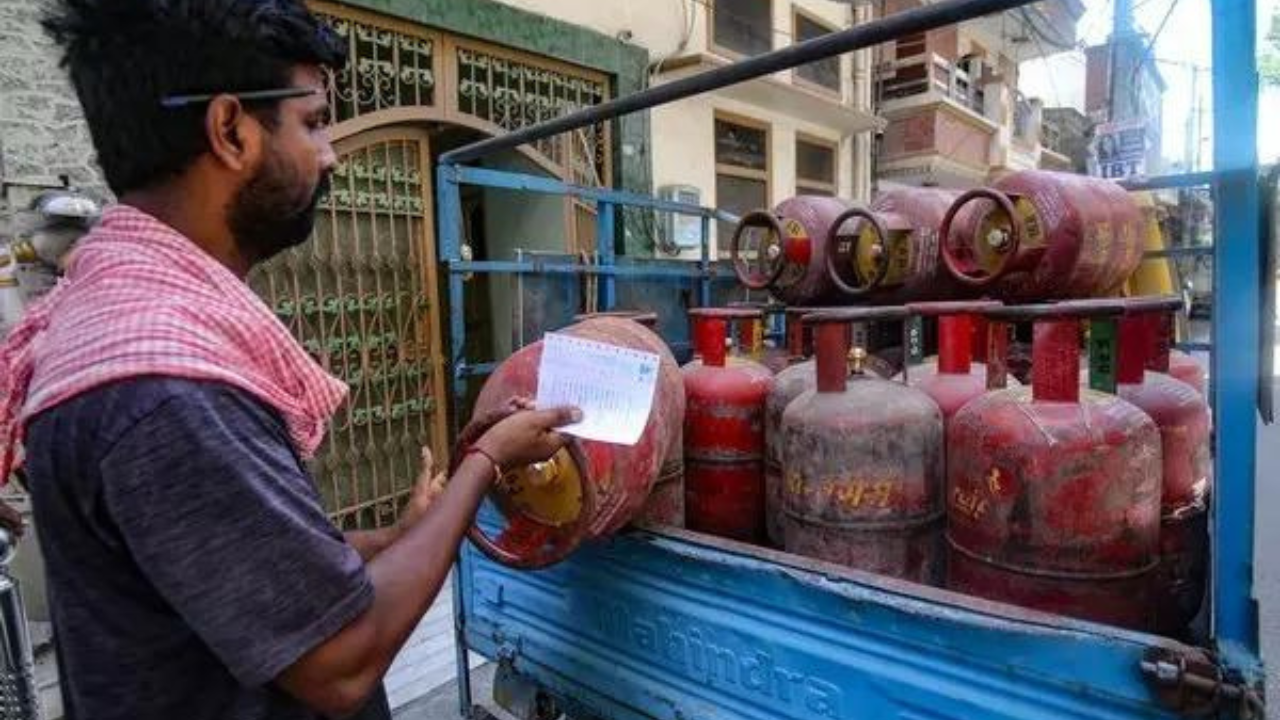PNGRB price order: Regulator tells CGD firms to charge one PNG rate; warns against misuse

As Trump seeks closer ties with Beijing, China hawks lose influence, while a potential Trump-Xi meeting at APEC looms. Meanwhile, Trump's push to oust Fed Chair Powell threatens central bank independence, risking inflation control.

All major sources, one page
Feel the mood behind headlines
Know what’s trending, globally
Get summaries. Save time
7,633
121
204
27 minutes ago
Stay sharp in 60 seconds. Get concise summaries of today’s biggest stories — markets, tech, sports, and more
All major sources, one page
Feel the mood behind headlines
Know what’s trending, globally
Get summaries. Save time
7,633
121
204
27 minutes ago
Stay sharp in 60 seconds. Get concise summaries of today’s biggest stories — markets, tech, sports, and more